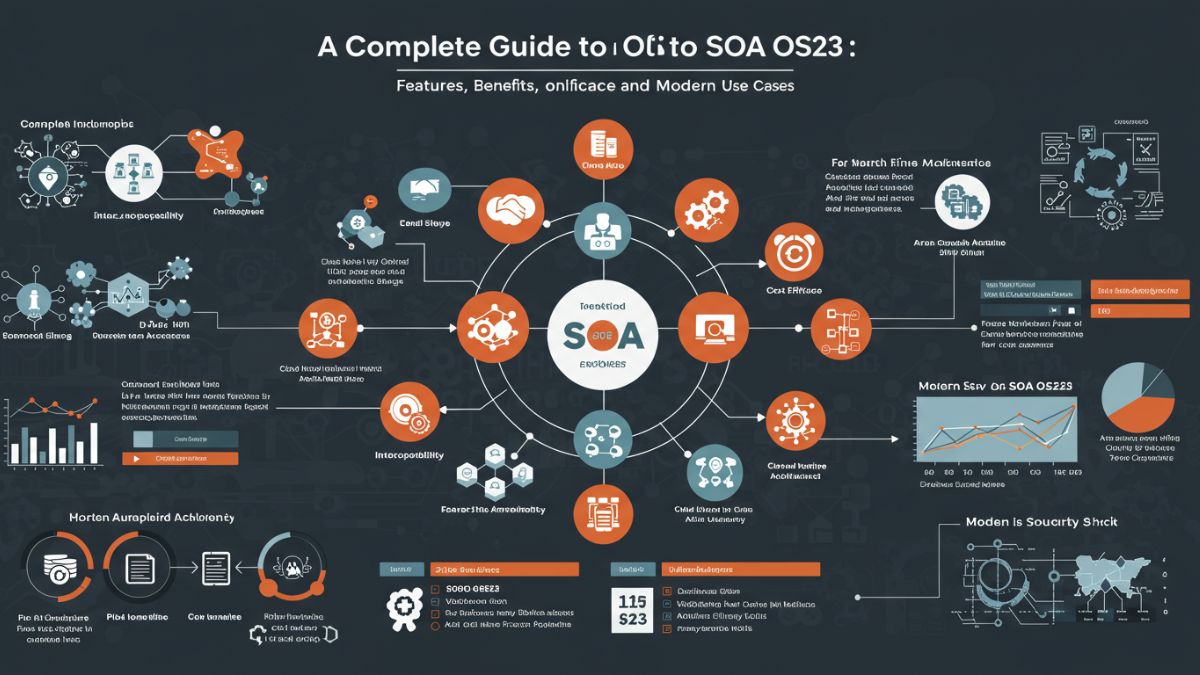One bit of jargon that might seem simple yet carries significant weight is 127.0.0.1:62893. At first glance, it looks like just another IP address, but its implications reach far beyond the surface.
Whether you’re debugging code or testing applications locally, understanding this specific address can be a game changer in how you approach your projects. It’s not just about numbers; it’s about enhancing your workflow and ensuring your applications run smoothly before they hit the wider internet.
Understanding IP Addresses
IP addresses are like digital street addresses for devices connected to a network. They serve as unique identifiers, ensuring that data packets reach the correct destination.
Every device on the internet has an IP address, which can either be dynamic or static. Dynamic IPs change frequently and are assigned by your Internet Service Provider (ISP). Static IPs remain constant and offer stability.
An IPv4 address consists of four sets of numbers separated by periods, ranging from 0 to 255. This format allows for over four billion unique combinations, though we’re nearing that limit.
IPv6 was introduced to accommodate the growing number of devices online. It uses hexadecimal digits instead of decimal numbers, vastly expanding available addresses.
Understanding these concepts is crucial for web developers who need to manage networks effectively and troubleshoot connectivity issues with ease.
The Significance of 127.0.0.1:62893
The address 127.0.0.1:62893 holds a special place in web development. It refers to the localhost, which allows developers to run applications on their own machines without needing an external server.
This particular port number, 62893, can be crucial for testing and debugging purposes. Different services often listen on various ports, enabling multiple applications to communicate simultaneously without conflict.
Using this IP address ensures that you’re working in a safe environment where changes won’t affect live sites or data. Developers can experiment freely while maintaining control over their projects.
Moreover, it enables rapid iteration cycles since modifications reflect instantly during development sessions. This agility is invaluable when fine-tuning features or troubleshooting issues before going public with any updates or new releases.
Common Uses of Localhost in Web Development
Localhost serves as a vital tool for web developers. It allows them to run applications on their own machines, simulating a live server environment without any risk.
One of its primary uses is testing websites before deployment. Developers can experiment with code and troubleshoot issues in real time, ensuring everything works flawlessly.
Another significant application involves database management. Localhost enables seamless interaction with databases like MySQL or MongoDB, making it easier to create, read, update, and delete data without affecting the live site.
Moreover, localhost is crucial for running development frameworks such as Node.js or Django. These platforms often require local servers to function properly during the development phase.
It also aids in learning and experimentation. New developers can practice coding skills securely on their own systems without needing internet access or concern over breaking anything online.
Troubleshooting with 127.0.0.1:62893
When working with 127.0.0.1:62893, troubleshooting can often be a straightforward process. First, ensure your local server is running correctly on this port. A simple check in your development environment can reveal if the service is active.
If you encounter connection issues, verify that no firewall settings are blocking access to this specific port. Sometimes, security software can mistakenly flag localhost connections as suspicious.
Another common issue arises from misconfigured applications or services trying to bind to the same port. Check for conflicting processes using tools like `netstat` or `lsof`. Identifying these conflicts helps resolve connectivity problems quickly.
Restarting your local server or even your machine may clear temporary glitches affecting performance or accessibility of 127.0.0.1:62893, allowing you to get back on track without hassle.
Conclusion:
Understanding the importance of 127.0.0.1:62893 can transform how you approach web development.
This IP address serves as a gateway to your local environment, enabling effective testing and debugging.
The versatility it offers is unmatched—whether you’re developing applications or troubleshooting issues, having this knowledge at your fingertips is crucial.
FAQ’s
What is 127.0.0.1:62893?
127.0.0.1 refers to the localhost IP address, which points back to your computer or server. The number after the colon, 62893, represents a specific port used by applications for communication.
Why should I use localhost in web development?
Using localhost allows developers to run and test their applications on their own machines without affecting live environments. It ensures a controlled setting for debugging and testing features before going public.
Can I access 127.0.0.1:62893 from another device?
No, you cannot directly access this IP address from other devices on your network or outside of it because it refers only to the local machine hosting the application.











